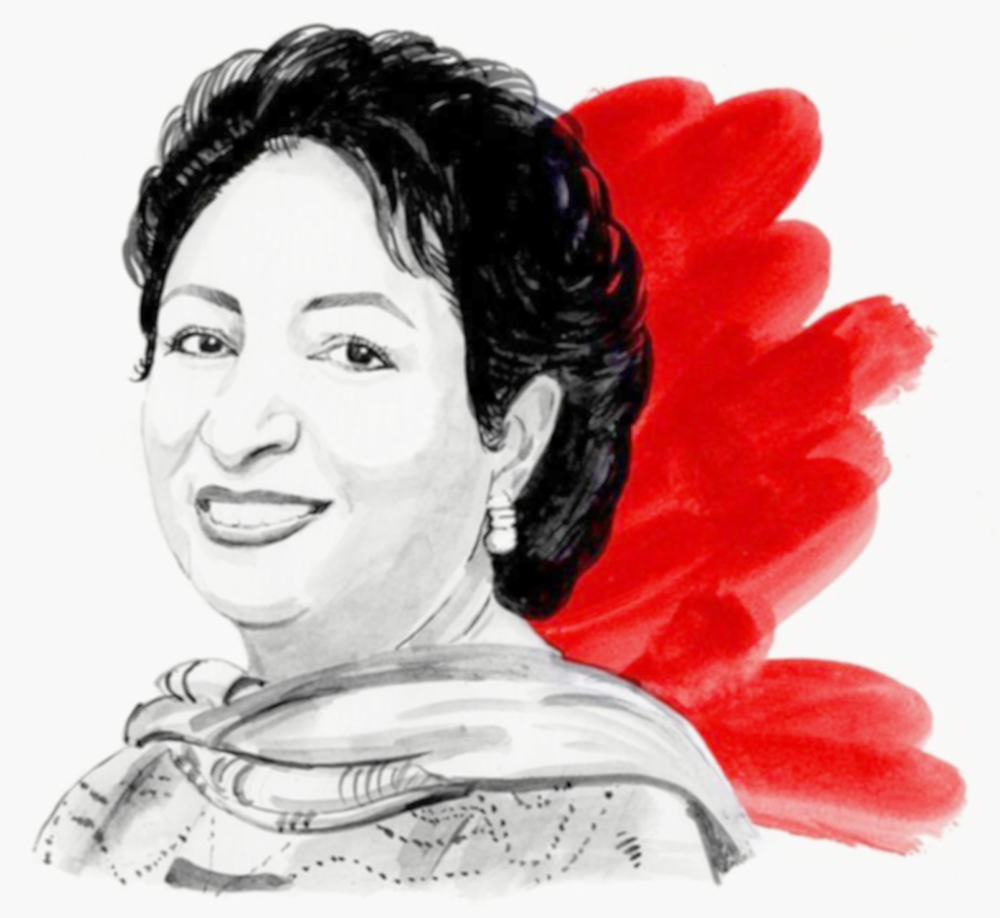America must learn from its missteps in Asia, says a Pakistani strategist and diplomat
*In their very first exchange after 9/11, Pakistan’s most senior leaders urged their American counterparts not to invade Afghanistan. Instead, they said, consider targeted action against al-Qaeda. In several high-level meetings that I attended then as Pakistan’s ambassador to the United States, Pakistani officials gave warning that military action would not work. America should distinguish between al-Qaeda, the group responsible for the terror attacks, and the Taliban, who needed to be engaged.*
Traumatised by the tragedy, leaders in Washington were in no mood to listen. Twenty years later, when America at last withdrew from Afghanistan, it had learned the hard way how to end its longest war. Doing so required negotiating a deal with the Taliban, but this came many years after al-Qaeda had been crushed. Although close US-Pakistan co-operation achieved the shared goal of eliminating al-Qaeda, the course of the war strained a relationship already characterised by cyclical swings between intense engagement and deep estrangement.
Long before the terror attacks of 2001, geopolitical concerns had shaped America’s regional alignments and its priorities. Bilateral ties passed through different phases. First, in the cold war, came the goal of containing communism. Pakistan became known as America’s “most allied ally”. Then came the pressing need, after 1979, to roll back the Russian invasion of Afghanistan. A subsequent phase involved defeating al-Qaeda in the “war on terror”.
*The latest period has been the most challenging and, arguably, is the most consequential for future ties. The “forever war” waged by America in Afghanistan put a strain on relations with Pakistan. Leaders in Islamabad continued to call for the military strategy to give way to a political one, but those in Washington believed America’s powerful armed forces, along with their NATO allies, would defeat the Taliban.*
As America’s war effort faltered, the strains in relations grew and trust eroded. Pakistan sought to keep its channel of communication open with the Taliban, believing that one day everyone would have to deal with them. Nor did Pakistan have the luxury of retreating to the other end of the world if things went wrong. Meanwhile, the American raid into Pakistan that killed Osama bin Laden in May 2011 plunged relations to an all-time low. Public fury erupted in Pakistan, and anger spread among military chiefs and government leaders, over America’s transgression into Pakistani territory.
*Even before America pulled out, geopolitical dynamics were shifting fundamentally as China stepped up its diplomatic and economic engagement, and launched its Belt and Road Initiative (BRI), and as Russia began to act more assertively. Regional states including Pakistan were beginning to sense a waning of both American interest and influence. Donald Trump’s “America First” foreign policy signalled gradual disengagement from the region.*
Although China is Pakistan’s strategic priority, leaders in Islamabad also want a stable relationship with America. The United States remains Pakistan’s largest export market and a superpower with significant global influence, especially over international financial institutions whose assistance Pakistan’s fragile economy desperately needs. The government wants to avoid getting into the crossfire of an American-Chinese confrontation, but that is easier said than done.
*For one reason, America has made no secret of its misgivings over the China-Pakistan Economic Corridor, a collection of Chinese-funded infrastructure and energy projects (linked to BRI) under way in Pakistan. For another, officials in Islamabad have lowered their expectations of ties with America: for after its exit from Afghanistan, the superpower will no longer be reliant on Pakistan to support its operations there. Another factor is that Pakistan’s old adversary, India, is seen as America’s strategic choice of partner in the region.*
The future of Afghanistan rests principally on whether the Taliban can govern. Public expectations there are very different from when the group last held power, from the 1990s until 2001. Their immediate challenge, other than consolidating power, is to avert an economic collapse. Foreign-currency assets have been frozen by America and funding from the IMF and the World Bank is suspended.


